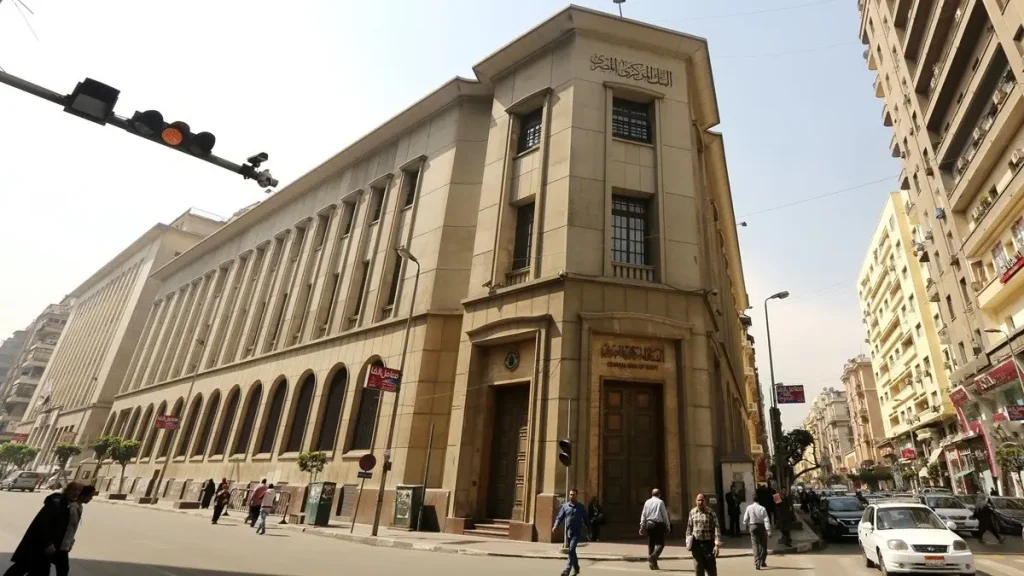Egypt’s central bank continued to expand its lending to the government in the last fiscal year, despite a notable slowdown in inflation from its peak, according to the bank’s annual budget report. While headline inflation fell from a record 38% in September to 25.7% in July, economists warn that increased central bank lending could destabilize the economy by expanding the money supply, leading to higher inflation and weakening the Egyptian pound against foreign currencies.
The central bank’s figures show a 31.1% rise in “M1” money supply, which includes currency in circulation and demand deposits in Egyptian pounds, by the end of June 2024. This follows a 33.4% increase in the previous fiscal year and a 23.1% rise in 2021/22. The accelerated money supply growth comes after several economic shocks, including the Covid-19 pandemic and the war in Ukraine, exposed underlying vulnerabilities in Egypt’s economy.
James Swanston of Capital Economics noted that the recent decline in money supply growth from its February peak of nearly 50% may be contributing to the easing inflation rates. However, central bank lending to the government remains a concern.
As of June, the central bank held 1.36 trillion Egyptian pounds in government securities, up from 1.09 trillion pounds the previous year. This includes local currency bonds purchased from the finance ministry, which increased to 940.3 billion pounds from 818.9 billion pounds in June 2023.
Egypt had committed to the International Monetary Fund (IMF) in a March agreement to reduce central bank lending to the government. However, the government missed targets in April and May, partly due to delayed funds from the UAE’s $35 billion purchase of development rights on the Mediterranean coast, according to an IMF review in July.
Cairo also pledged to stop bypassing the finance ministry by lending to other government agencies. This lending decreased to 766.8 billion pounds by June from 887.6 billion pounds a year earlier, with further reductions promised to the IMF.
The government has ramped up spending in recent years on ambitious infrastructure projects, including new cities and road expansions, while maintaining some subsidies to support living standards amidst economic challenges.

